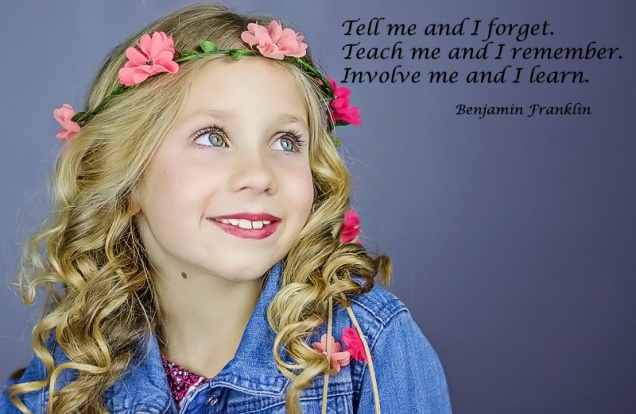When our children are learning multiplication, we often quiz them on the facts. For upcoming spelling tests, we help teach our children word patterns and chunking strategies so they can learn them. When building reading fluency, we practice reading with our children at night on books of interest and talk about the story to build their comprehension. It’s beautiful and rewarding when we get to be a part and see our children begin doing these skills on their own. They have now learned them.
Teaching social skills is no different. When a child is missing strategies and hidden social cues, often times, adults get frustrated around him/her because we expect the child to know what to do. We think….why is my child struggling socially when we’ve talked about this so many times?
The fact is, some children miss learning those social skills intutivitley. We often take for granted that we have these skills so we wonder why our child is struggling? Tthe good news is that a child can be taught social skills cognitively. Just like teaching a child a chunking strategy for remembering a longer spelling word, he/she can be taught strategies on how to find those “hidden” social cues in different environments and be taught skills on how to navigate them. It’s beautiful and rewarding when we get to be a part of and see our children begin using these skills on their own. They have now learned them and continue to grow their social thinking.
Our next set of social classes begin next Sunday, October 8th. Each session is six-weeks. You can find specific details here Registration for Social Skills Classes October 8th-November 12th
Our door is always open. If you have questions or would like to find out more about our classes to see if it’s a good fit for your family, please reach out to us at confidentsolutions7@gmail.com.
With Appreciation,
Christina and Wendy





